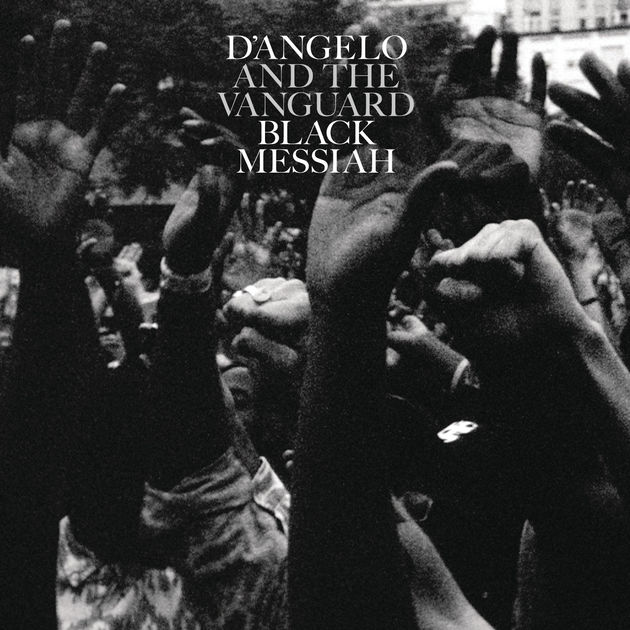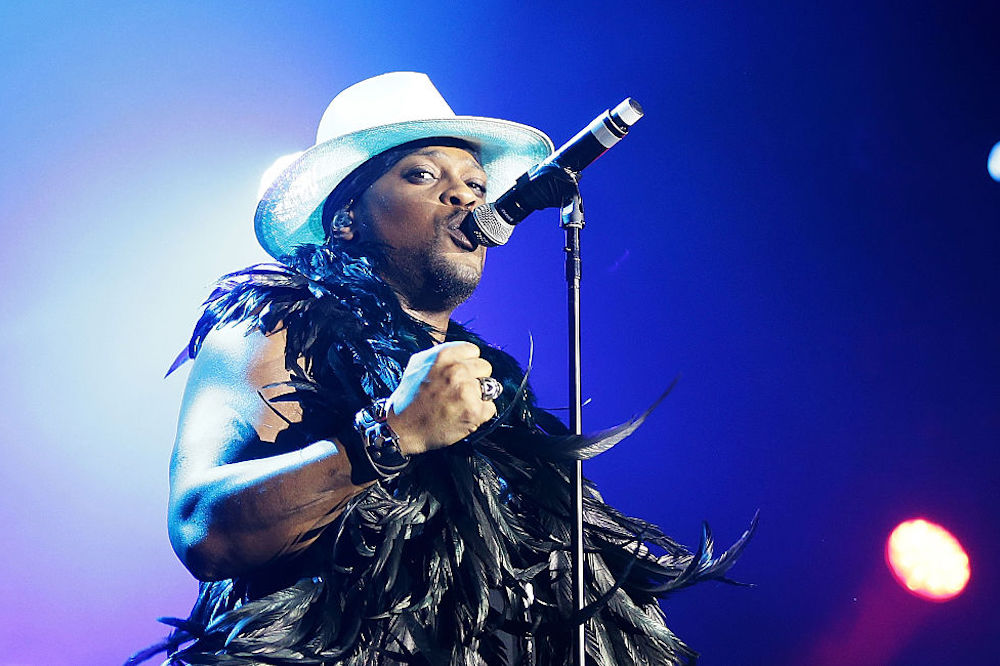After simmering for 14 years, Black Messiah finally bubbled over on December 15, 2014. The third album by D’Angelo, the erstwhile soul superstar, was ignited by the murders of Mike Brown and Eric Garner, unarmed black men each killed by white cops who, by the end of year, had been exonerated of criminal wrongdoing. If it were up to him, D’Angelo would’ve done another 14 years of fine-tuning. But the second verdict, and the wave of outraged protest that followed, brooked no further hesitation.
There’s no other way to put this: Black Messiah cut through the noise like the word of God.
The music vaulted the wiry, syncopated R&B of D’Angelo’s two previous albums—1995’s Brown Sugar and 2000’s Voodoo, both certified classics of modern soul—into a darker realm, a crucible as dense with anger and frustration as forbearance and dedication. It consummated five decades of black American musical expression: early Funkadelic’s sludgy, spacy funk; latter-day Sly Stone’s claustrophobic minimalism; the deliberate jab of hip-hop drums (courtesy of Questlove); the elastic basslines of the Ohio Players; the fervent vocal harmonies of the Gospel-quartet tradition; the irrepressible, hard-fought optimism of Otis Redding and Sam Cooke.
Among D’Angelo’s co-writers was a former flame, the Nuyorican singer and spoken-word artist Gina Figueroa, who a decade previously had introduced him to Latin jazz; here, she improvises the Spanish-language poem at the beginning of “Really Love.” Another is Kendra Foster, a young confederate of George Clinton, whose voice wraps around D’Angelo’s lead on several tracks. Less direct but equally present is the influence of black mavericks like Prince and Hendrix, the vocal delicacy of Joni Mitchell—one of D’Angelo’s stated inspirations—and early touchstones like Morris Day & the Time’s “drunk drumming,” the modernized soul production of New Jack Swing, and the compressed boom-bap of late-’80s hip-hop icon DJ Marley Marl. Above it all, the benevolent, insatiable spirit of J Dilla looms large.
In a 2015 interview, D’Angelo told Rolling Stone, “It’s crazy that we’re still in the streets protesting the same shit.” On the eve of 2018 we can say the same thing. We need Black Messiah—and the powerful, empowering music that inspired it—now more than ever.
Listen to the playlist below of Black Messiah’s inspirations and influences.





